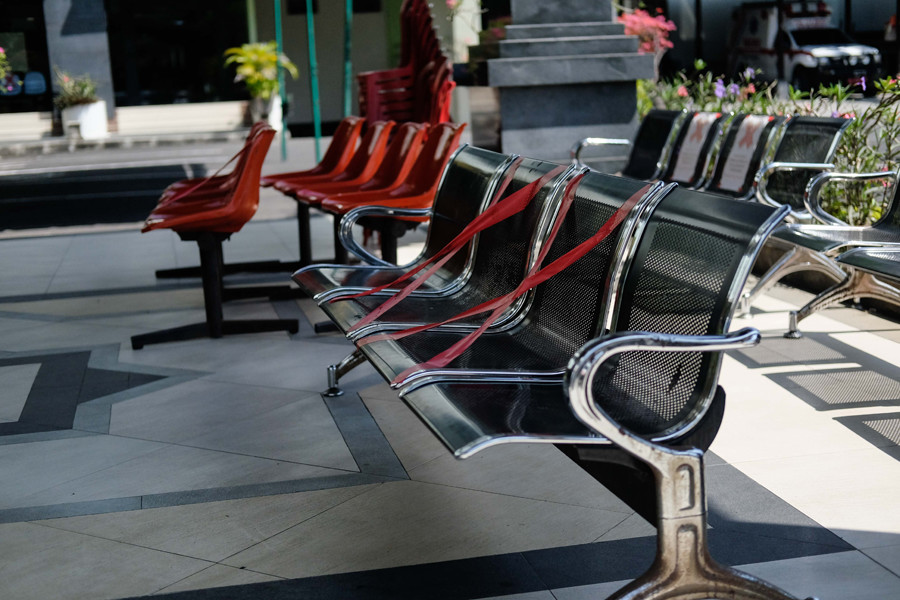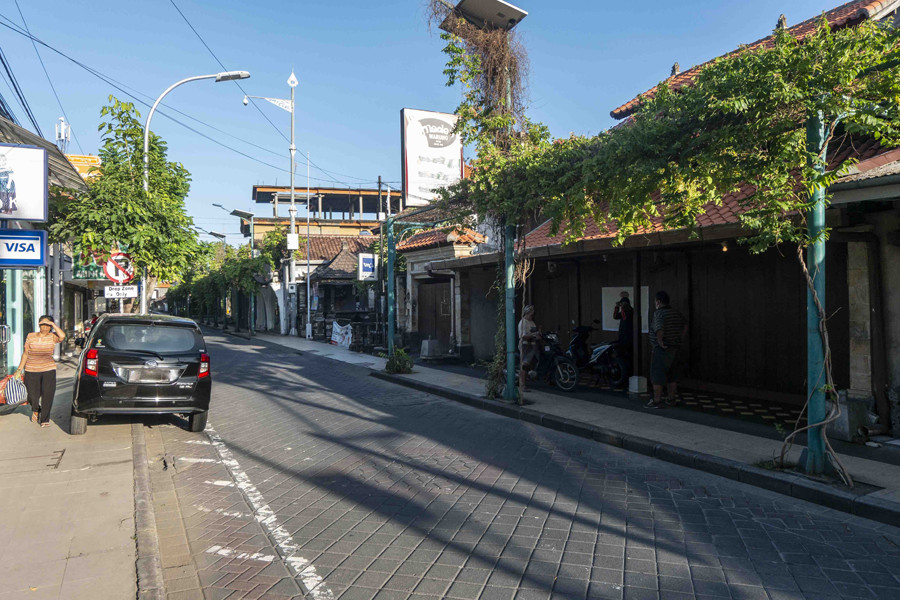On 24 January 2021, the Bali Provincial Government (Pemprov Bali) released a new circular (SE 02 Tahun 2021) announcing that they were extending the social restrictions, known as Pemberlakuan Pembatasan Kegiatan Masyarakat (PPKM), that were already in place. The call for extension comes just one day before original deadline for the restriction.

The new circular has extended the social restrictions until 8 February 2021 (originally 25 January 2021), and most of the regulations remain the same. Most notably:
• Those entering Bali by air (flights) can only do so with a negative PCR Swab Test, departing from origin with a maximum of 2x 24 hours after being tested; OR a negative Rapid Antigen Test, departing from origin with a maximum of 1x 24 hours after being tested.
• The same rules now apply for land and sea based transportation.
Regulations for business were updated slightly from previous restrictions, however. Point 3 of the circular stated that all businesses could only operate at 25% capacity, and the maximum operational times of businesses has been changed to 8pm, an hour early than previous regulations.
This change in operating hours has sparked concern among many business owners, especially those in the restaurant industry, be it local eateries or formal dining establishments. Many have commented on the difficulties they already face with no tourists and now the reduced operating capacity.

For some, the extra hours in the day help their business survive, raking in as many customers as they can in a day… many local eateries only begin operating from 5 or 6pm, giving them less than 3 hours to make an income.
Whether these social restrictions are making a difference is debatable. Figures shared regularly in Bali Covid-19 Update (a great resource) show that cases continue to rise, with a record number of new confirmed cases (542) being recorded on 27 January 2021.
Analysis
Of course, we cannot talk direct cause-and-effect. Restrictions being placed do not necessarily mean individuals are abiding to them! There is certainly a palpable apathy in Bali as many are desperate to resume a normal – as possible – life, or are more concerned in making ends meet.
A side-effect the restrictions have caused, is that people are more likely to gather or socialise in private instead of in public businesses, going ‘underground’ where it’s likely that less safety precautions are being followed.
There is some obvious dissonance between the government and the public, be it individuals or businesses.
Pemprov Bali’s objective is to reduce Covid-19 cases, which must be done, but the method in which this is being done simultaneously risks the financial security of many people on the island. One Balinese man said, ever so poignantly: the Government is doing so much to fight an enemy [Covid-19] we cannot see, whilst ignoring the very visible and tangible difficulties many of us face, like hunger.
The government has themselves in a catch-22 situation:
• A short but complete lockdown would see numbers drop dramatically. Unfortunately, this requires huge handouts and support to communities for the entire period, which the Government is unable to do (otherwise it would have been done already).
• That leaves allowing the economy to run – thus releasing the responsibility of feeding and supporting communities – but with restrictions that hinder business and seem to have a small success rate in keeping case numbers low.
It seems a more balanced and calculated approach is needed, one that allows businesses to make ends meet without the risk of increasing cases.
Are we able to increase operating capacity as well as extend operating times, and instead increase enforcement of social distancing protocols and hygiene expectations?
How about a quid pro quo? Extended hours and capacity for strict reporting procedures? Sending photos of venue at peak times, report staff testing, etc. Reward those who comply, make it tough for those who do not. Close down those who completely ignore the regulations, making it fair to those who do follow.
At least this way businesses have an opportunity to run their business consistently and the public are brought ‘above ground’ into areas where safety can be monitored and ensured.
The public is clearly growing more frustrated with the current format of restrictions – and the latest tightening of regulations suggests that the Bali Provincial Government is becoming increasingly frustrated with the public, too! There is no manual or handbook for dealing with this immensely complex situation in Bali, but more dialogue between the two parties seems paramount at this crucial time.







